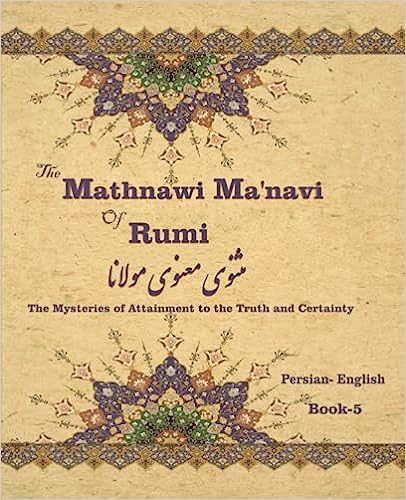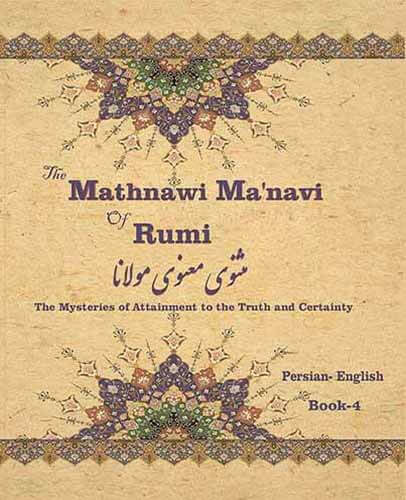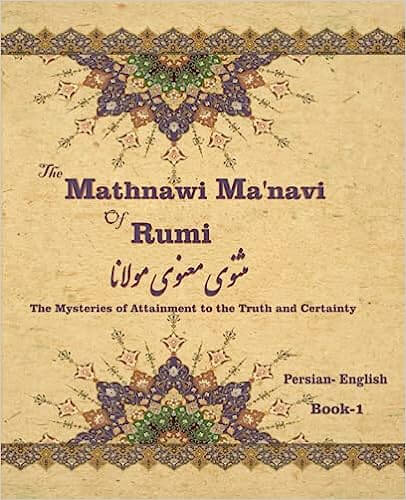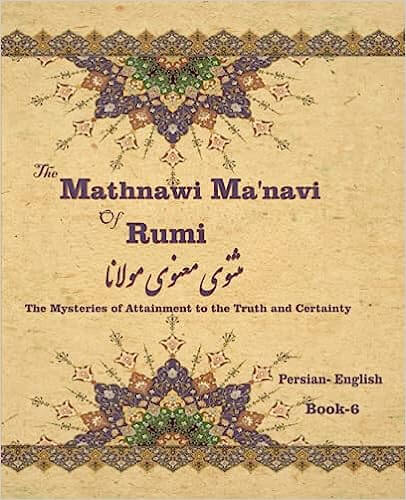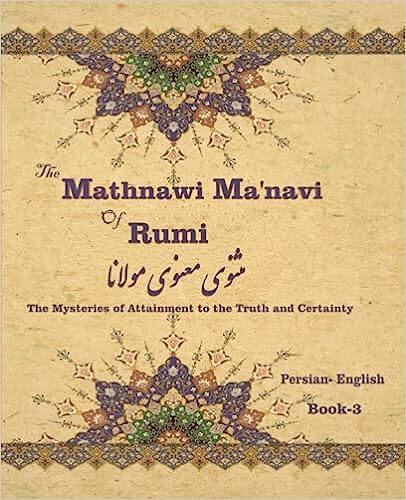
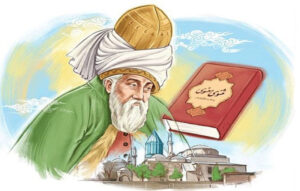
The Eternal Wisdom of Jalal al-Din Muhammad Rumi
Jalal al-Din Muhammad Rumi, commonly known as Rumi, remains one of the most influential and beloved poets and mystics in history. His profound spiritual insights and lyrical poetry continue to inspire and captivate readers around the world. This article delves into Rumi’s life, his poetic contributions, and the lasting impact of his teachings.
Introduction
Rumi’s poetry transcends the barriers of time, culture, and religion, offering universal truths about love, the human experience, and the divine. Born in the 13th century, Rumi’s work has been translated into numerous languages and continues to resonate with a diverse audience. His mystical approach to life and spirituality provides a beacon of light in the often chaotic human experience.
Early Life and Background
Birth and Family
Jalal al-Din Muhammad Rumi was born on September 30, 1207, in Balkh, in present-day Afghanistan. His father, Baha’ ud-Din Walad, was a renowned Islamic scholar and mystic, whose teachings greatly influenced Rumi’s spiritual upbringing. The family fled to Konya, in present-day Turkey, to escape the Mongol invasions, settling in a region known for its vibrant intellectual and cultural life.
Spiritual Education
Rumi’s education was deeply rooted in Islamic scholarship. Under his father’s guidance and later through his own studies, Rumi became well-versed in the Quran, Hadith, and classical Arabic literature. His scholarly pursuits were complemented by a profound spiritual quest, seeking deeper meanings beyond the literal interpretations of religious texts.
Encounter with Shams of Tabriz
A Transformative Friendship
One of the most pivotal moments in Rumi’s life was his meeting with Shams of Tabriz, a wandering dervish. This encounter transformed Rumi from a respected scholar into a passionate poet and mystic. Shams’s unconventional wisdom and deep spirituality ignited Rumi’s soul, leading to a profound inner awakening.
Poetic Outpouring
The intense spiritual bond between Rumi and Shams inspired an extraordinary outpouring of poetry. Rumi’s verses, often spontaneous and ecstatic, expressed the depths of his longing, love, and union with the divine. This period marked the creation of some of his most celebrated works, including the “Divan-e Shams-e Tabrizi,” a collection dedicated to his beloved friend and spiritual guide.
Rumi’s Major Works
Masnavi
The “Masnavi,” also known as the “Mathnawi,” is Rumi’s magnum opus. Comprising six books and over 25,000 verses, it is a monumental work of mystical poetry and spiritual teachings. The “Masnavi” explores themes of divine love, the soul’s journey, and the intricacies of human nature. It is often referred to as the “Quran in Persian” due to its profound spiritual depth and wisdom.
Divan-e Shams-e Tabrizi
This collection of lyric poems, or ghazals, is dedicated to Shams of Tabriz. The “Divan-e Shams-e Tabrizi” captures Rumi’s ecstatic love and longing for the divine, expressed through his deep connection with Shams. The poems are celebrated for their emotional intensity, spiritual depth, and lyrical beauty.
Philosophical and Mystical Themes
Love and Unity
Central to Rumi’s poetry is the theme of love—divine and human. For Rumi, love is the driving force behind the universe, a means of connecting with the divine and understanding one’s own soul. His verses often describe the soul’s longing for union with the beloved, symbolizing the human quest for spiritual fulfillment and unity with God.
The Journey of the Soul
Rumi’s works frequently explore the journey of the soul, depicting it as a quest for enlightenment and divine love. He uses metaphors and allegories to illustrate the soul’s struggles, growth, and ultimate return to its source. This journey is not just a spiritual quest but a path of self-discovery and transformation.
The Importance of Surrender
A recurring theme in Rumi’s poetry is the importance of surrendering to the divine will. Rumi teaches that true wisdom and peace come from letting go of ego and desires, allowing oneself to be guided by the divine. This surrender leads to a deeper understanding of life’s mysteries and a closer connection with God.
Rumi’s Influence and Legacy
Global Reach
Rumi’s influence extends far beyond the Islamic world. His works have been translated into numerous languages, making him one of the most widely read poets globally. In the West, Rumi’s poetry has gained immense popularity, particularly in the 20th and 21st centuries, often celebrated for its universal spiritual messages and profound insights.
Inspiration Across Disciplines
Rumi’s teachings have inspired artists, musicians, writers, and thinkers across various disciplines. His concepts of love, unity, and spiritual awakening resonate deeply with people from diverse backgrounds, influencing contemporary literature, music, and philosophy. The whirling dervishes of the Mevlevi order, founded by Rumi’s followers, continue to perform the Sufi dance, symbolizing the spiritual ascent and the soul’s union with the divine.
Modern Interpretations
In recent years, modern interpretations and adaptations of Rumi’s works have brought his teachings to new audiences. Poets and translators like Coleman Barks have played a significant role in popularizing Rumi in the English-speaking world, capturing the essence of his mysticism and poetry in accessible language.
Rumi in Popular Culture
Rumi’s quotes and verses are frequently shared on social media, often used in motivational and inspirational contexts. His wisdom has permeated popular culture, appearing in books, films, and even music. This widespread presence highlights the timeless relevance of Rumi’s messages and his enduring appeal.

